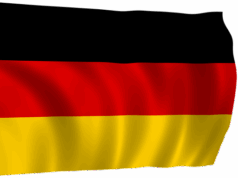According to the aid organization Oxfam, the difference between rich and poor in the world is still dramatically high, the gap is widening. The concentration of wealth also continued to increase at the top last year, the organization emphasized when it presented its inequality report shortly before the start of the annual conference of the World Economic Forum (WEF) in Davos.
Strong concentration of wealth
Oxfam relies, among other things, on the financial news agency Bloomberg, which claims that the wealth of the world’s 500 richest people rose a quarter in the previous year. According to Oxfam, prosperity is particularly uneven between women and men. According to the information, men have 50 percent more assets than women.
Oxfam demands to invest more in public childcare and social security in poor countries and to strengthen women’s rights and organizations worldwide. All over the world, corporations and people with very large wealth would also have to contribute a fair share to the common good.
Unpaid work is underestimated
One reason for gender inequality, according to this year’s Time to Care study, shows that women do work at home such as childcare, caring for relatives, and household chores.
„Women and girls do the lion’s share of unpaid housekeeping, care and welfare work – far more than twelve billion hours a day worldwide.“ That would be equivalent to more than eleven trillion US dollars a year if they were paid with the minimum wage. For women, this unpaid work is often a poverty trap.
The impact of “care” work on income, wealth, educational opportunities and at-risk of poverty receives too little attention in connection with inequality, said Ellen Ehmke, analyst for social inequality at Oxfam Germany. „We should recognize the value of this.“



